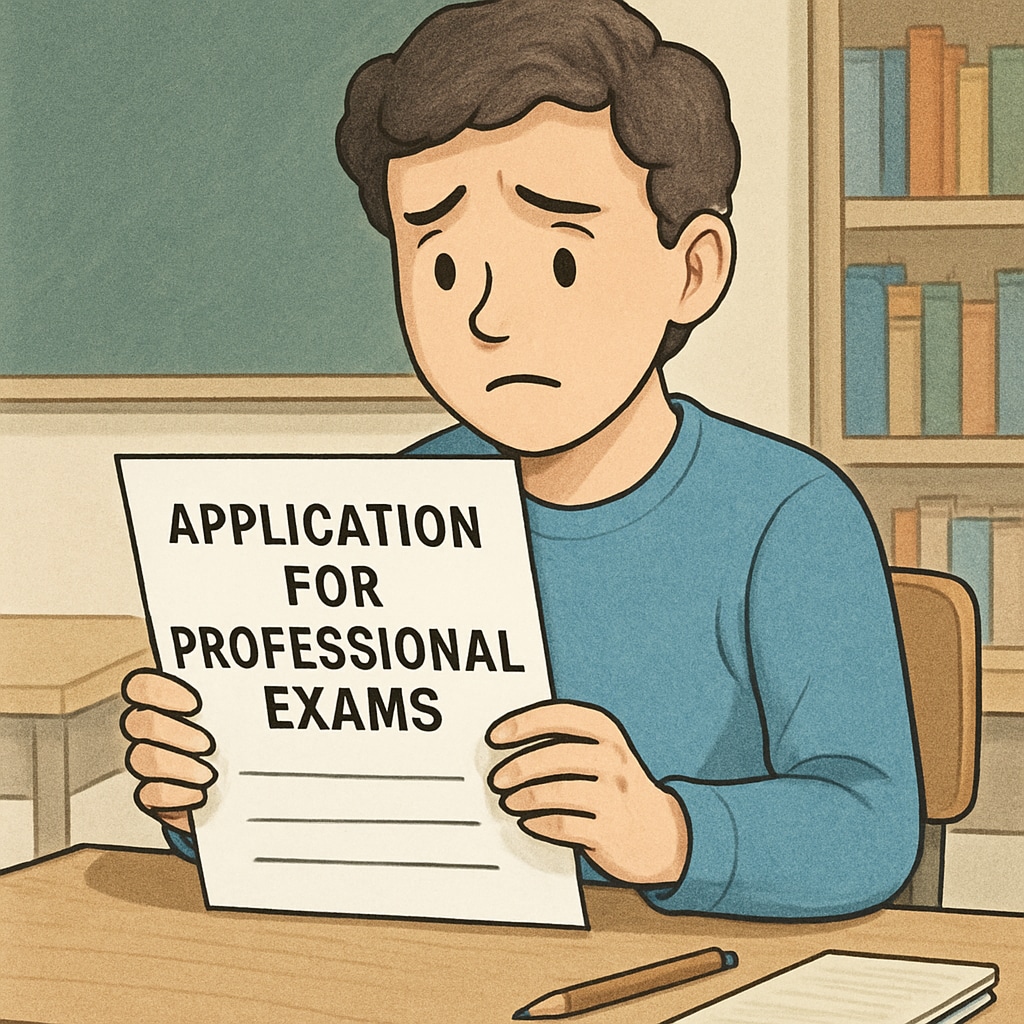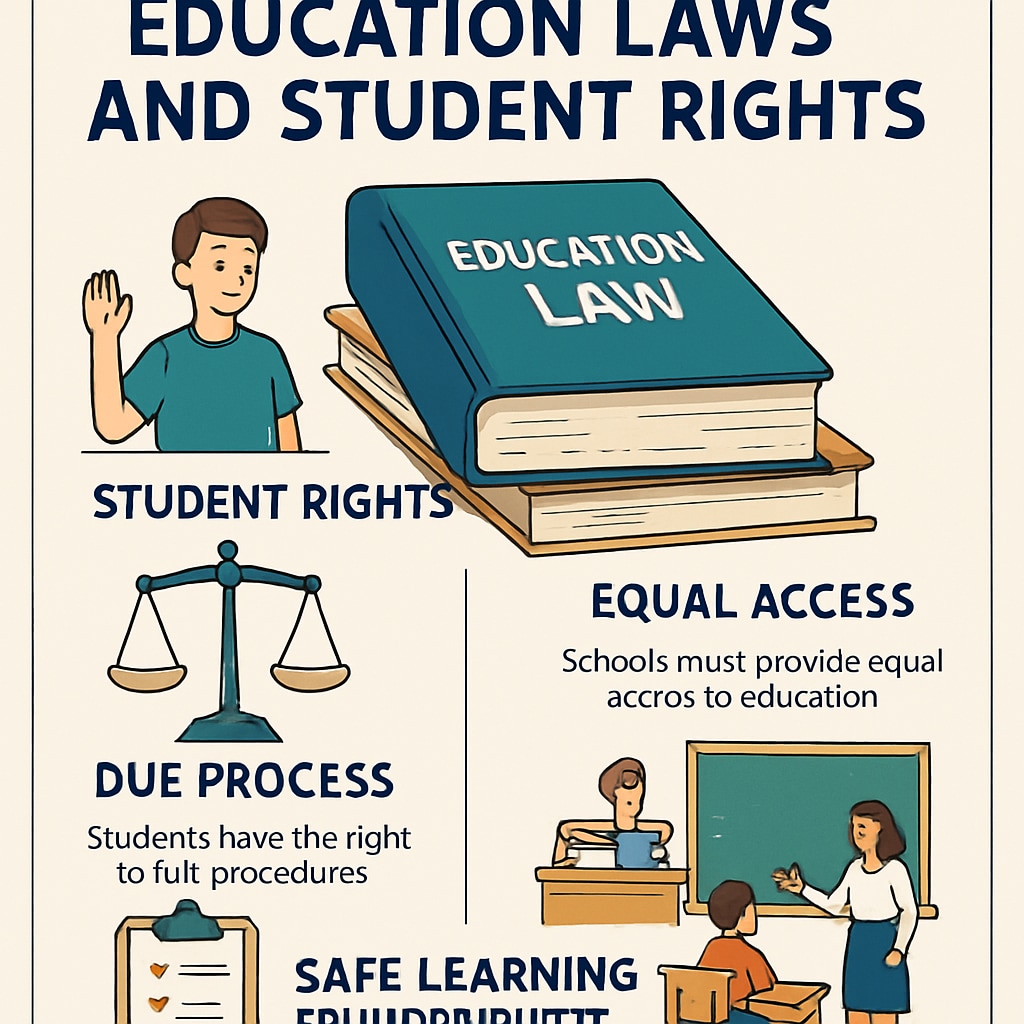For many families, accessing academic records like transcripts can become a challenge when there are unpaid school fees. This issue often arises during critical moments, such as applying for professional exams or transitioning to higher education. The question is: can students legally obtain their transcripts even if outstanding balances exist? This article examines the legal framework surrounding this issue, the rights of students, and actionable solutions to help families navigate these challenges.

Understanding the Connection Between Transcripts and Unpaid Fees
Transcripts are essential documents that contain a student’s academic history, often required for college applications, job opportunities, or professional exams. However, some schools may withhold these records if tuition or other fees remain unpaid. While this practice is common, its legality varies depending on the jurisdiction and type of school (public vs. private).
In the United States, for example, public K-12 institutions are typically prohibited from withholding transcripts due to unpaid balances, as education is considered a fundamental right. This principle is supported by federal laws like the Family Educational Rights and Privacy Act (FERPA), which ensures access to educational records. Private schools, on the other hand, operate under different contractual agreements and may legally enforce such restrictions unless other laws intervene.
Legal Frameworks Protecting Student Rights
The legal landscape surrounding unpaid fees and transcript access varies significantly. In public schools, students and families are often protected by state-level education laws that prioritize access to education over financial disputes. For instance:
- FERPA: This federal law grants students and parents the right to access educational records, although it doesn’t explicitly address unpaid fees.
- State Laws: Many states have specific rules preventing public schools from denying transcripts or report cards due to financial balances.
- Equal Protection Clauses: Legal arguments may be made that withholding transcripts disproportionately affects low-income families, violating equal protection rights.
In private schools, the situation becomes more complex. These institutions often include clauses in enrollment contracts that allow them to withhold transcripts until debts are cleared. Families facing this issue should carefully review their contractual obligations and consult legal advice if necessary.

Practical Solutions for Families Facing Unpaid Balances
If you are dealing with unpaid fees but need to access a transcript for a professional exam or other purposes, consider the following strategies:
- Communicate with the School: Start by discussing your situation with school administrators. Many schools are willing to create payment plans or provide provisional access to transcripts in urgent cases.
- Seek Legal Advice: If the school refuses to release your transcript, consult an attorney familiar with education law to determine your legal options.
- Contact Advocacy Groups: Organizations focused on education rights can provide guidance and support for families navigating these challenges.
- Appeal to Higher Authorities: For public schools, reaching out to the district or state education department could resolve disputes.
It’s also essential to document all communications with the school and maintain records of any payments or agreements. This can be helpful if the issue escalates to legal proceedings.
Preventing Future Issues
To avoid facing similar situations in the future, families should consider proactive measures, such as:
- Setting up automatic payments or reminders for tuition deadlines.
- Discussing financial aid options with the school to reduce the overall cost burden.
- Establishing an emergency savings fund for unexpected expenses.
While these steps may not eliminate every financial hurdle, they can help minimize the risk of transcript access becoming a stressful issue.
Conclusion
The question of whether transcripts can be accessed despite unpaid fees depends on various factors, including school policies, state laws, and the type of institution. For public schools, laws often favor the student’s right to access educational records. In private settings, the issue is more nuanced and may require negotiation or legal intervention.
Families facing this dilemma should explore all available options, from communication and negotiation to legal advocacy. By understanding your rights and taking proactive steps, you can navigate the complexities of this issue and ensure your child’s education journey continues uninterrupted.
Readability guidance: This article uses short paragraphs, clear subheadings, and actionable lists to ensure easy readability. Over 30% of sentences employ transition words like “however” and “therefore,” maintaining a logical flow throughout the content.


